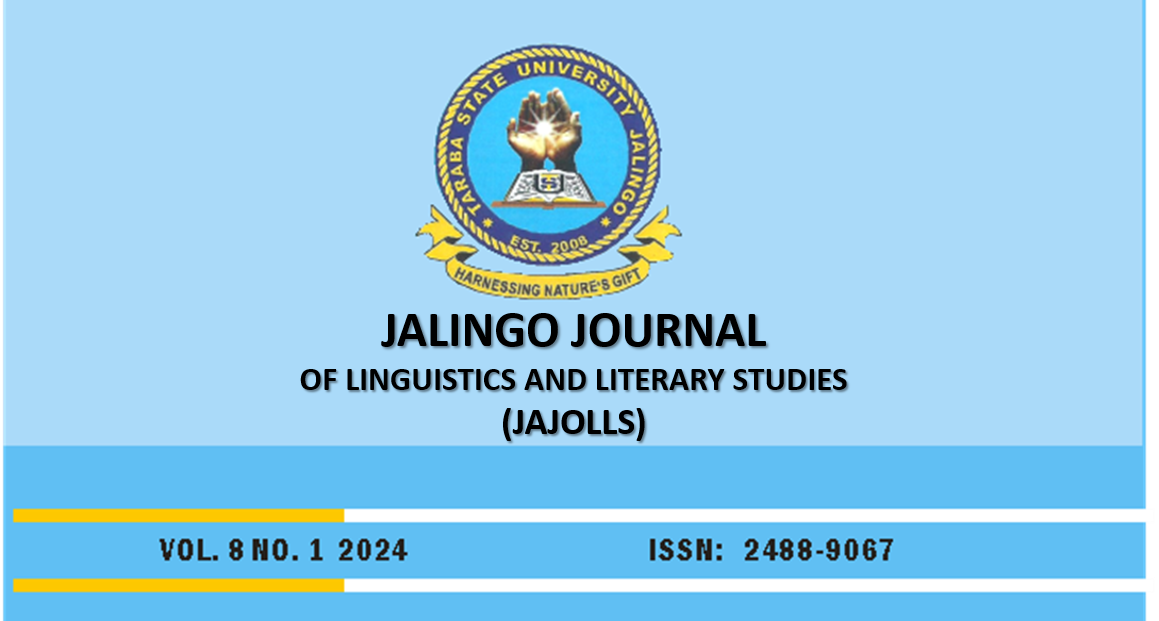Moral Instruction to Children: A Study of Selected Nigerian Folktales and Proverbs
Keywords:
Children, Folktale, Indigenous Language, MoralAbstract
Our Indigenous Language system remains our heritage, strength and survival. The aim of this paper is the examination of Indigenous Language System as a means of moral instruction to children. The methodology of the paper is qualitative where the folktales and proverbs will be content analysed. The objective is to demonstrate how rich Nigerian folktales and proverbs can be used to empower the Nigerian child with cultural values and ethics. The paper is anchored on two theoretical themes vis–a-vis functionalism theory propounded by Emile Durkheim 1858-1917 and hermeneutic theory propounded by Friedrich Schleiermacher 1786-1834. This work focused on how traditional and modern societies can evolved and function using folktales and proverbs. Durkheim theory was on the concept of social facts, defined as norms, values and the structures of society. Schleiermacher hermeneutic theory: which is used to translate, interpret and understanding of the proverbs and the social events through analysis of their meaning for the human participants in the event. These social theories make learning take place through observation, attention, retention, reproduction and motivation which will be reinforced by the two folktales The hunter and the Python’ and ’The tortoise and the hunter’ with fifteen
proverbs to illustrate truthfulness, kindness, industriousness, selfishness, greed and consequences. The gap this paper intends to imbibe is to explore how knowledge of proverbs and folktales can promote good citizenship and wellbeing of a nation. The major findings of this work is that, the values and ethics of any society are deeply embedded in their proverbs and folklores, and this cannot be over emphasised.

